Top Open Source Tools for Developers
A Software Programming Tool or a Software Development Tool is a computer program used by software developers to create, edit, support, manage, and debug various programs, frameworks, and applications.
Compilers, linkers, code editors, assemblers, debuggers, GUI designers, performance analysis tools, and other software programming tools are examples. There are several factors to consider while selecting the appropriate software programming tool, and they vary depending on the project type.
AngularJS
AngularJS is a dynamically designed online application framework that is structural, open-source, and javascript-based.
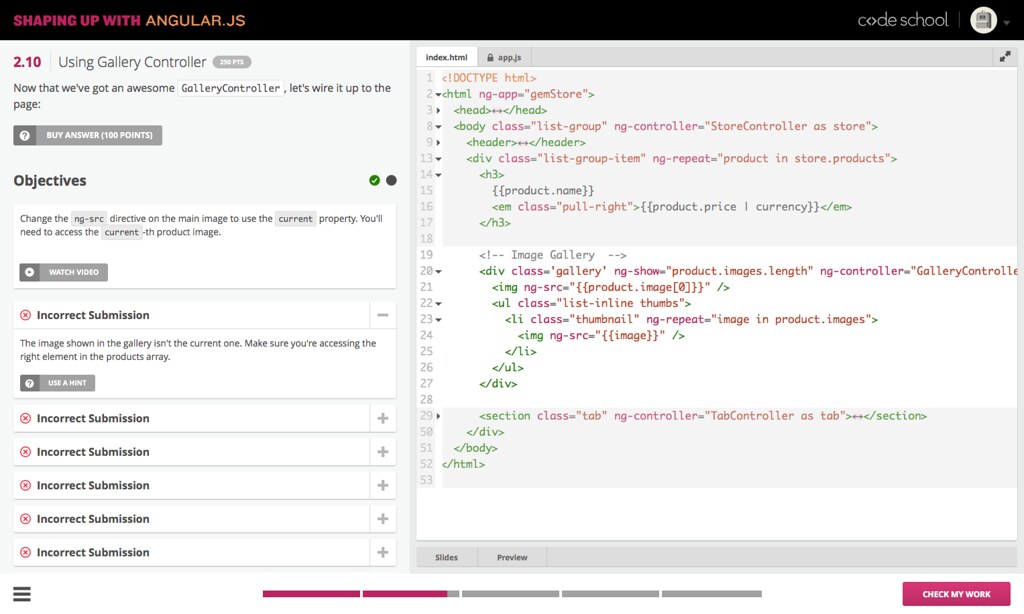
Features
- Works well with data-driven applications because it is totally extendable.
- Localization, Directives, Reusable Components, Dependency Injection, Form Validation, Data Binding, Deep Linking, and other advanced features of AngularJS.
- It is entirely client-based and compatible with iOS, Safari, Firefox, Internet Explorer, Chrome, and other desktop and mobile browsers.
Atom
Atom is a free and open-source text editor. Hackable, user-friendly, and up-to-date source code editor. Atom allows for cross-platform editing and functioning on a variety of operating platforms, including Windows, Linux, and Mac OS X. Atom is a customizable tool that allows you to change the appearance and feel of the User Interface, add key properties, and more without having to change the configuration file.
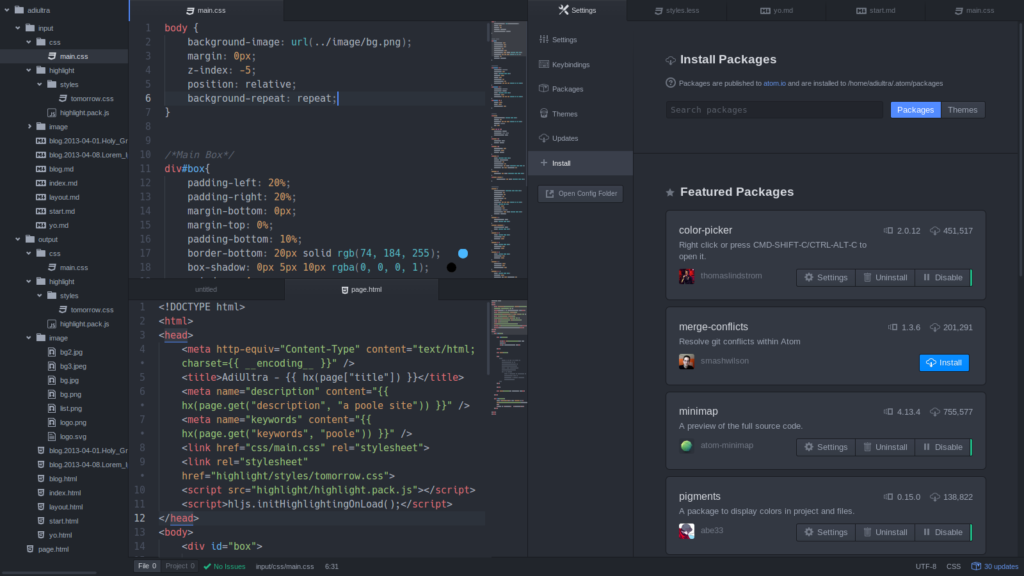
Features
- A built-in package manager, file system browser, multiple panes, clever autocomplete, search & replace feature, and other capabilities are all essential.
- Using web technologies create cross-platform applications.
Azure
Microsoft Azure is a cloud computing service that uses Microsoft’s global network of data centres to create, analyse, deploy, and manage internet or hybrid cloud applications.

Features
- Data management, mobile services, storage services, media services, messaging, migrate apps & infrastructure, CDN, caching, business analytics, virtual network, and more services are available.
- It works with a wide range of programming languages (PHP, Python, .NET, JavaScript, and so on), operating systems (Windows, Linux, and so on), devices, and frameworks.
Bitbucket
Bitbucket is a web-based, distributed version control system that allows software development teams to collaborate (code and code inspection ). It serves as a repository for source code and development projects.

Features
- There are no limits to how many private repositories you can have.
- Models of deployment that is flexible
- Collaboration in code taken to new heights
Bootstrap
Bootstrap is a free and open-source framework for constructing HTML, CSS, and JS-based projects and websites. Bootstrap is commonly used to create websites that are quick and easy to use.
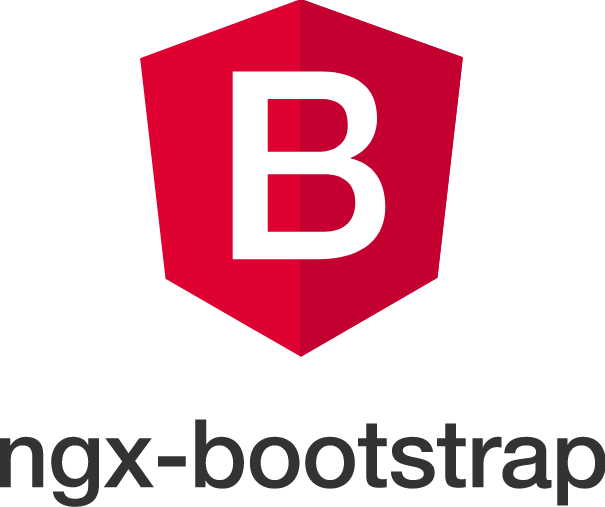
Features
- It can be tailored to any project’s requirements.
- Drag and drop functionality that is smart
- Users can create their own applications with powerful features like a responsive grid system, Sass variables and mixins, pre-built elements, and plugins.
Cloud 9
Cloud 9 began in 2010 as an open-source, cloud-based IDE that supported a variety of programming languages, including C, PHP, Python, Perl, JavaScript, and others. Later in 2016, AWS (Amazon Web Service) purchased it for further development and made it pay-per-use.
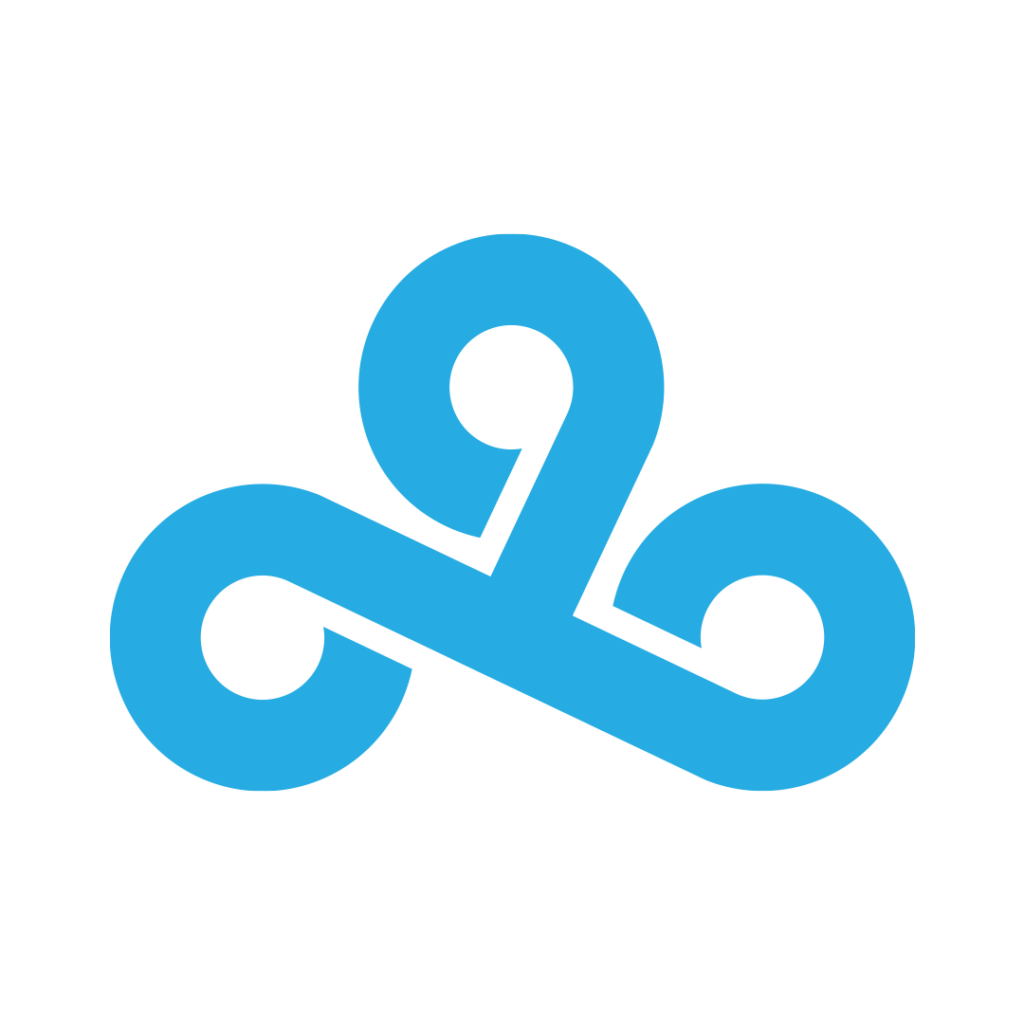
Features
- Users can utilize serverless apps to script, execute, and debug code in the cloud.
- Allowing them to shift between local and remote testing and debugging activities.
CloudForge
CloudForge is a software-as-a-service (SaaS) solution for application development. It’s utilised for cloud-based collaborative application development.

Features
- A single, secure cloud platform.
- Your teams, projects, and processes will be elastically balanced.
CodeCharge Studio
CodeCharge Studio is the industry’s top and most innovative integrated development environment (IDE) and rapid application development (RAD) tool for creating data-driven web applications and commercial web and intranet systems with minimal programming.
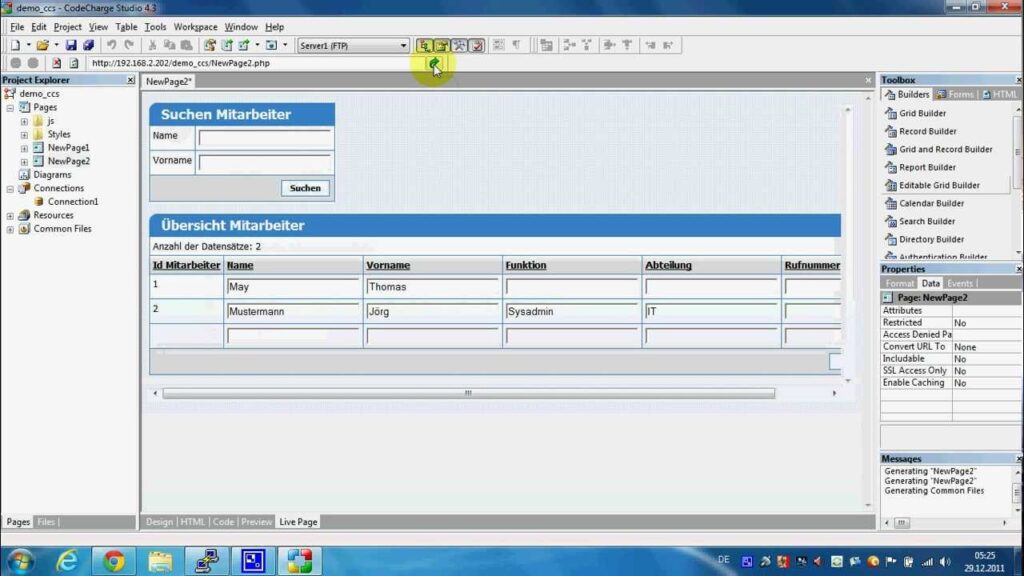
Features
- Supports a variety of systems, including Mac, Windows, Linux, and others.
- Supports a variety of databases, including MS Access, Postgre SQL, MySQL, Oracle, and MS SQL.
CodeLobster
CodeLobster is a PHP IDE that allows you to construct full-featured web apps for free. CSS, HTML, and JavaScript Twig are all supported.
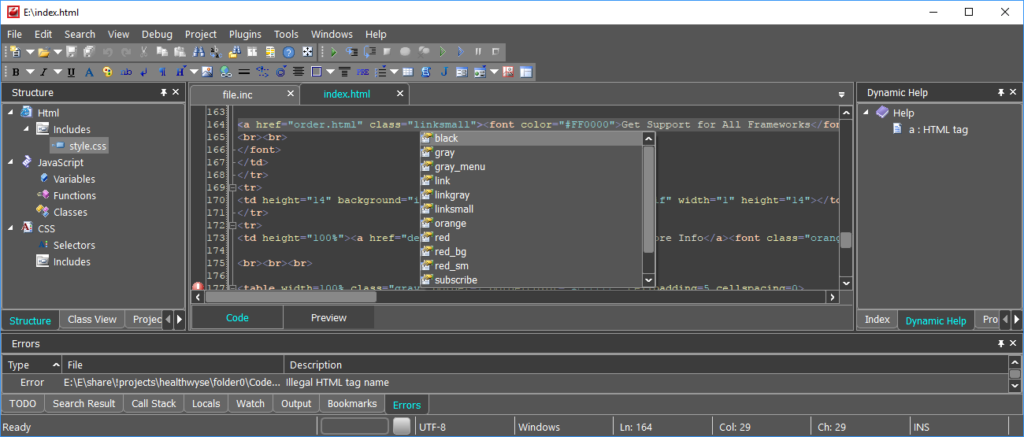
Features
- CodeLobster PHP Edition unifies and simplifies the development process, and it also supports CMS such as Magneto, WordPress, Joomla, Drupal, and others.
- PHP IDE has a number of sophisticated and useful tools, such as PHP Advanced autocomplete, PHP Debugger, DOM elements, CSS code inspector, keyword autocomplete, and so on.
- The PHP Debugger assists users in debugging programmes during the coding process and before they are executed.
- The file explorer tools and browser previews are available to CodeLobster users.
- There are three versions of the software: a free PHP edition, a PHP edition lite for $39.95, and a PHP Edition Pro for $99.95.
Codenvy
Codenvy is a cloud-based application development environment for debugging and coding. It is capable of collaborating with others and supporting job sharing.
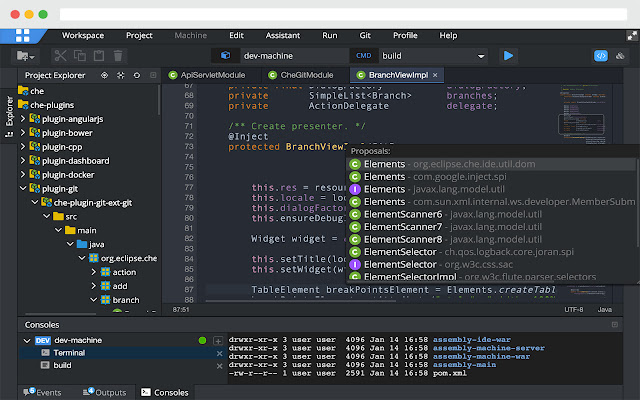
Features
- PHP Advanced autocomplete, DOM elements, PHP Debugger, CSS code inspector, keyword autocomplete, and so on are a few advanced and crucial capabilities.
- Users can take advantage of browser previews, file and explorer features.
Crimson Editor
Crimson Editor is a lightweight text editing tool that is also an epic of software development tools that is only available for Microsoft Windows and may be used as an HTML editor and source code editor.
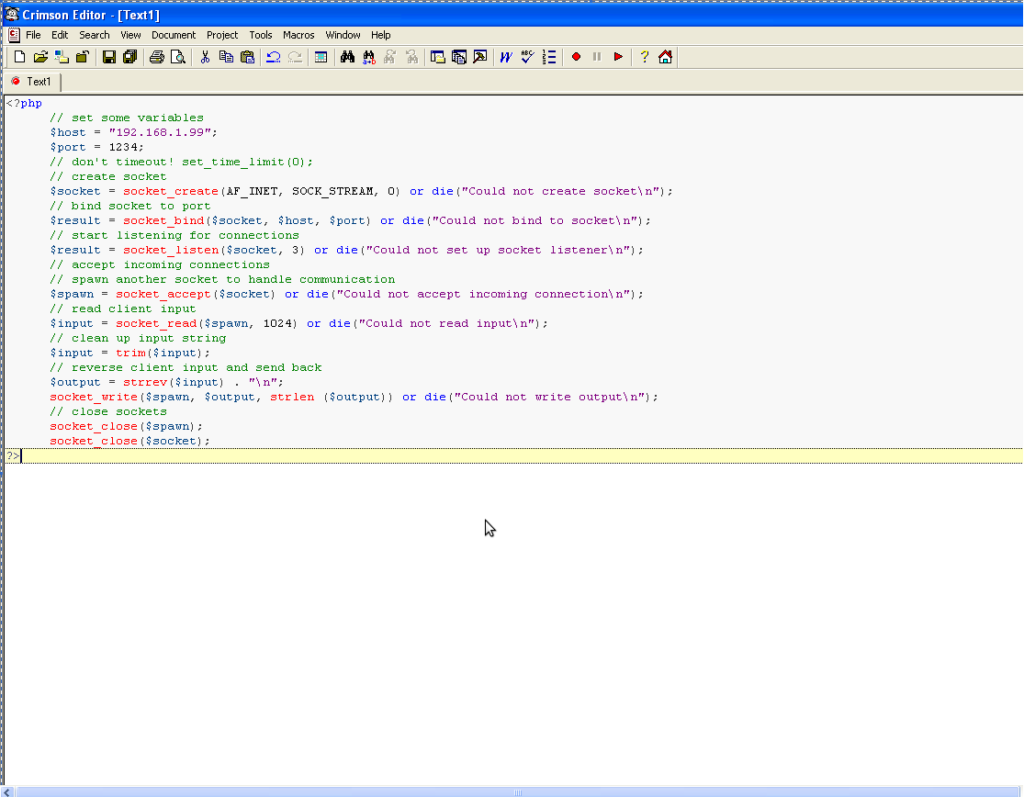
Features
- Editing the score of programming languages such as C/C++, Perl, HTML, and Java is a terrific feature.
- Syntax highlighting, print and print preview, multi-level undo/redo, user tools and macros, editing multiple documents, editing remote files directly via the built-in FTP client, and other features are available.
Dreamweaver
Adobe Dreamweaver is a proprietary software application and programming editor that may be used to create simple or complicated websites. HTML, XML, CSS, and JavaScript are just a few of the markup languages it supports.
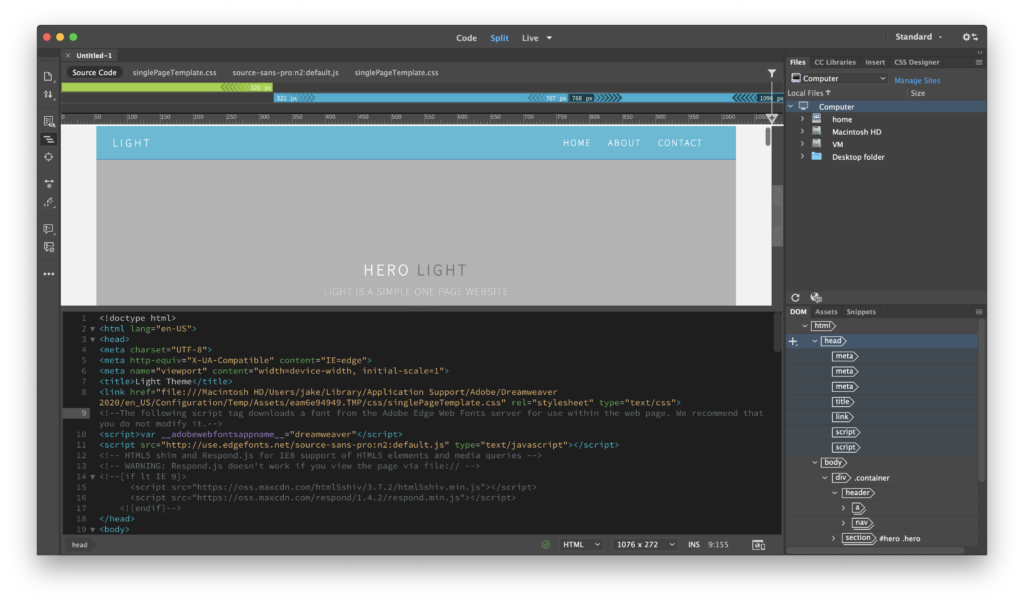
Features
- Windows and Linux operating systems, as well as iOS platforms, are all supported.
- Used in the creation of responsive webpages.
Eclipse
Eclipse is the most widely used integrated development environment (IDE) for Java programmers. It’s used to create applications in a variety of programming languages, including C, C++, C#, PHP, ABAP, and others.
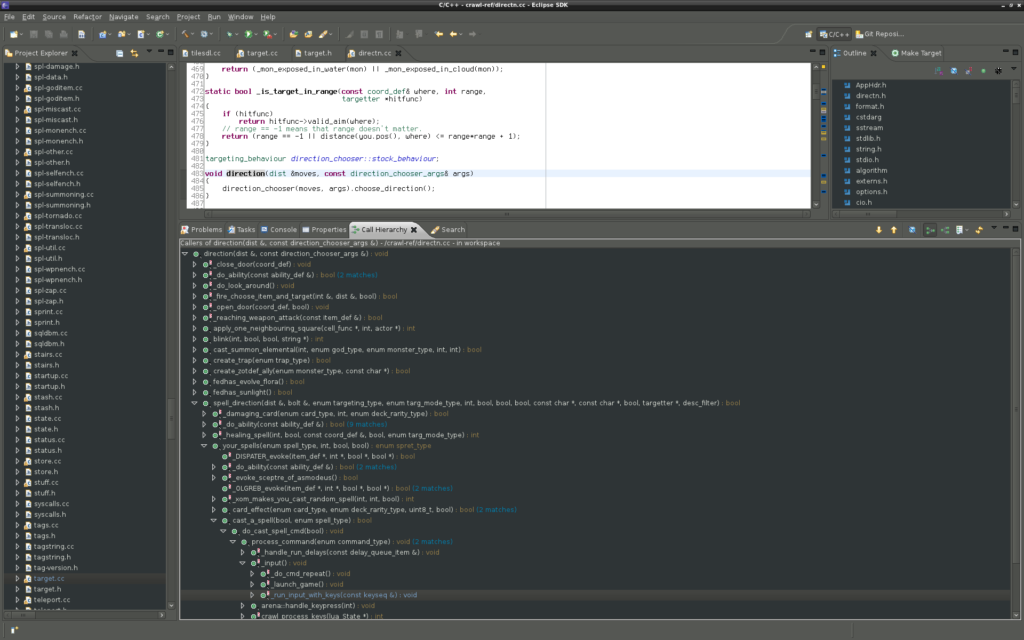
Features
- Free and open-source software
- Used to create desktop, web, and cloud integrated development environments.
GitHub
For code management and code review, GitHub is a powerful collaboration tool and development platform. Users can use GitHub to create software and applications, manage projects, host code, and review code.
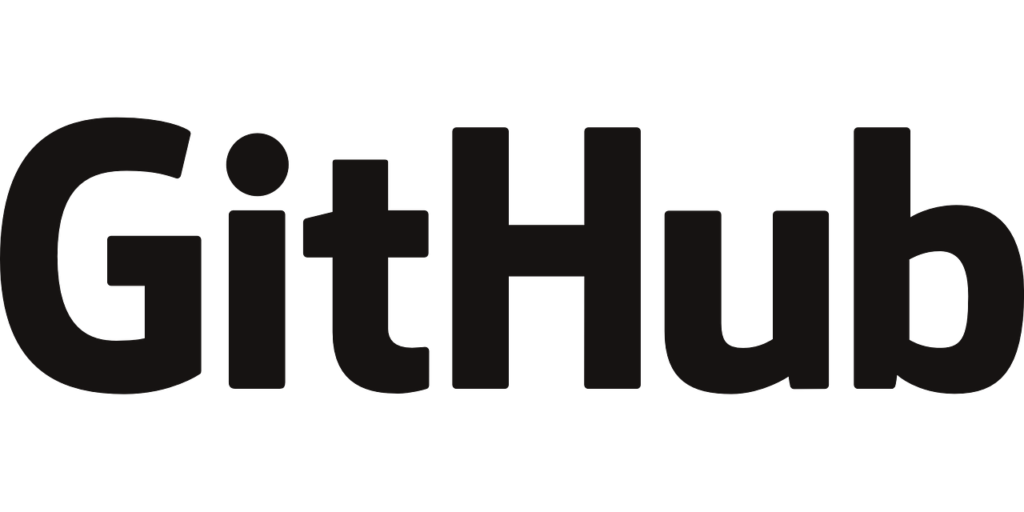
Features
- It has a few features that make it a helpful tool for team access control, code security, integration with other tools, and so on.
- GitHub can be installed on a server or on a cloud platform. Both Mac and Windows operating systems are supported.
Jira
Jira is a well-known software development tool that agile teams use to plan, manage, and release products.
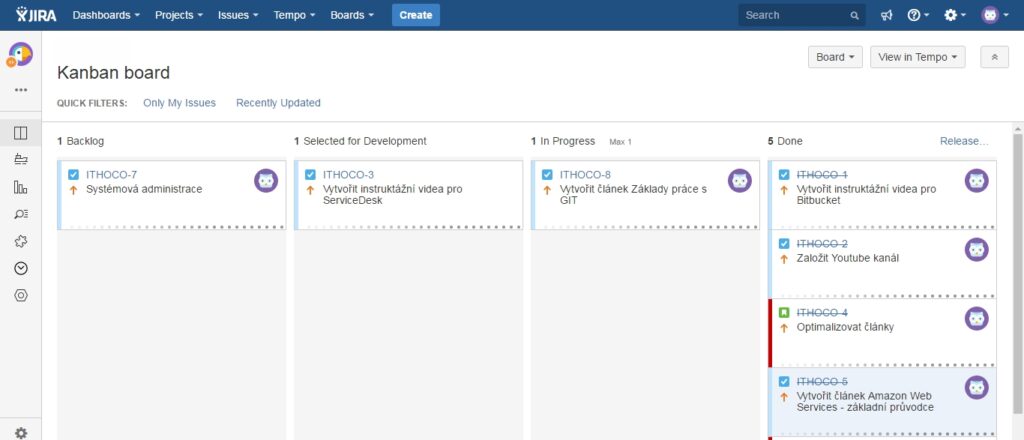
Features
- We can complete work in progress, backlogs, and generate reports, among other things.
- Linux/Solaris and Windows operating systems are supported.
Linx
Linx is a low-code development and automation tool for web services and backend applications. The tool speeds up the automation, development, and design of custom business processes including application, database, and system integration.

Features
- IDE and Server that are easy to utilise
- There are over 100 pre-built plugin programming features available.
NetBeans
NetBeans is a free software development tool based in Java that allows you to rapidly and easily create mobile, desktop, and web apps. It employs C/C++, Java, PHP, JavaScript, and other programming languages.
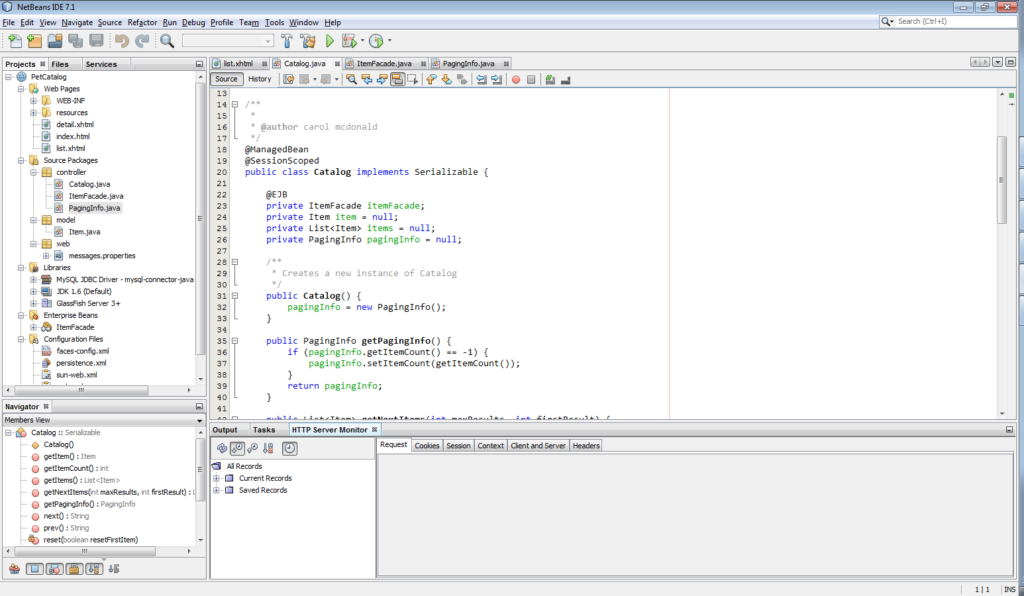
Features
- Supports cross-platform and works on any operating system, including Mac OS, Solaris, Linux, and Windows.
- Writing bug-free code, Smart Code Editing, an easy management method, and smart user interface creation are some of the capabilities available.
Node.js
Node.js is a cross-platform open-source tool and JavaScript run-time environment designed to create a variety of internet applications as well as web servers and networking tools.
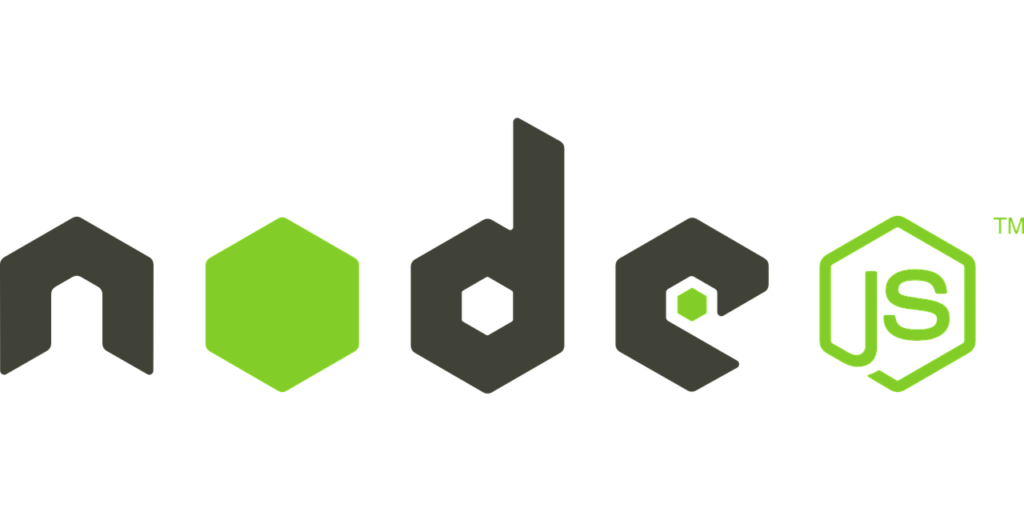
Features
- Runs on Linux, Windows, Mac OS, Unix, and other operating systems.
- Because it uses an event-driven, non-blocking I/O approach, it is lightweight and efficient.
Spiralogics Application Architecture (SAA)
SAA is a web-based development platform that allows users to specify, design, customise, and publish their own software applications without having to know how to code.
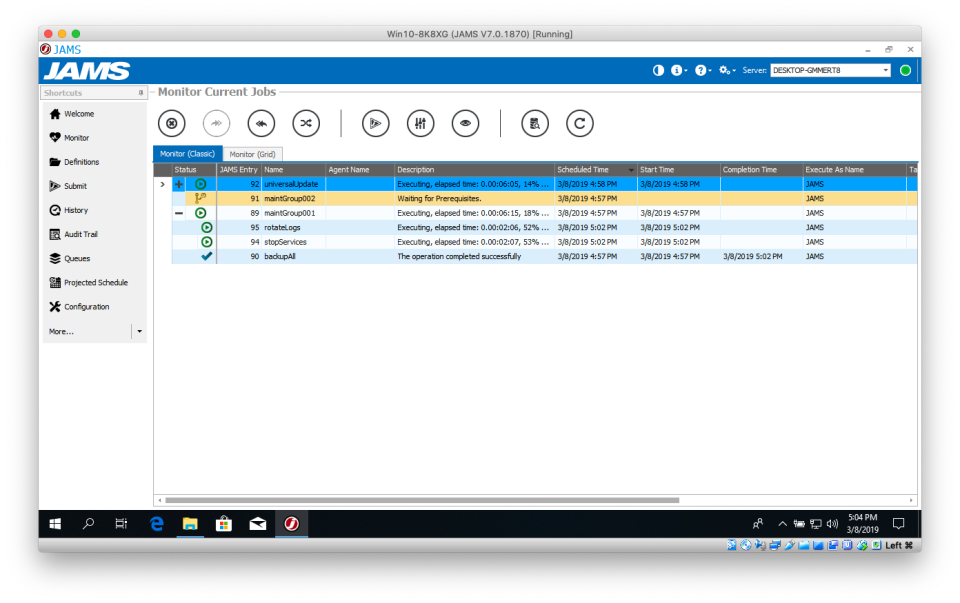
Features
- Users can choose from a variety of pre-built applications, adapt them to meet their needs, or create their own from start.
- Interactive dashboard builder, HTML editor, established procedures, graphical representation of workflows, and easy integration, to name a few features.
Zend Studio
Zend Studio is a next-generation PHP integrated development environment (IDE) for debugging, creating, and prototyping mobile and online apps.
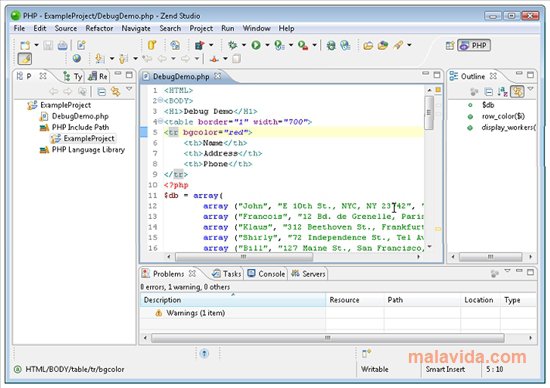
Features
- Searching, indexing, and validating PHP code is made easier with 3x faster performance.
- Zend Studio’s debugging features include Zend Debugger, Z-Ray integration, and Xdebug.














